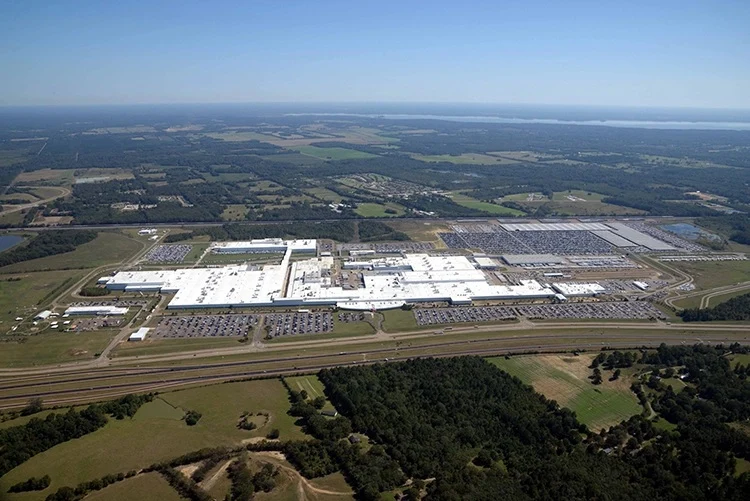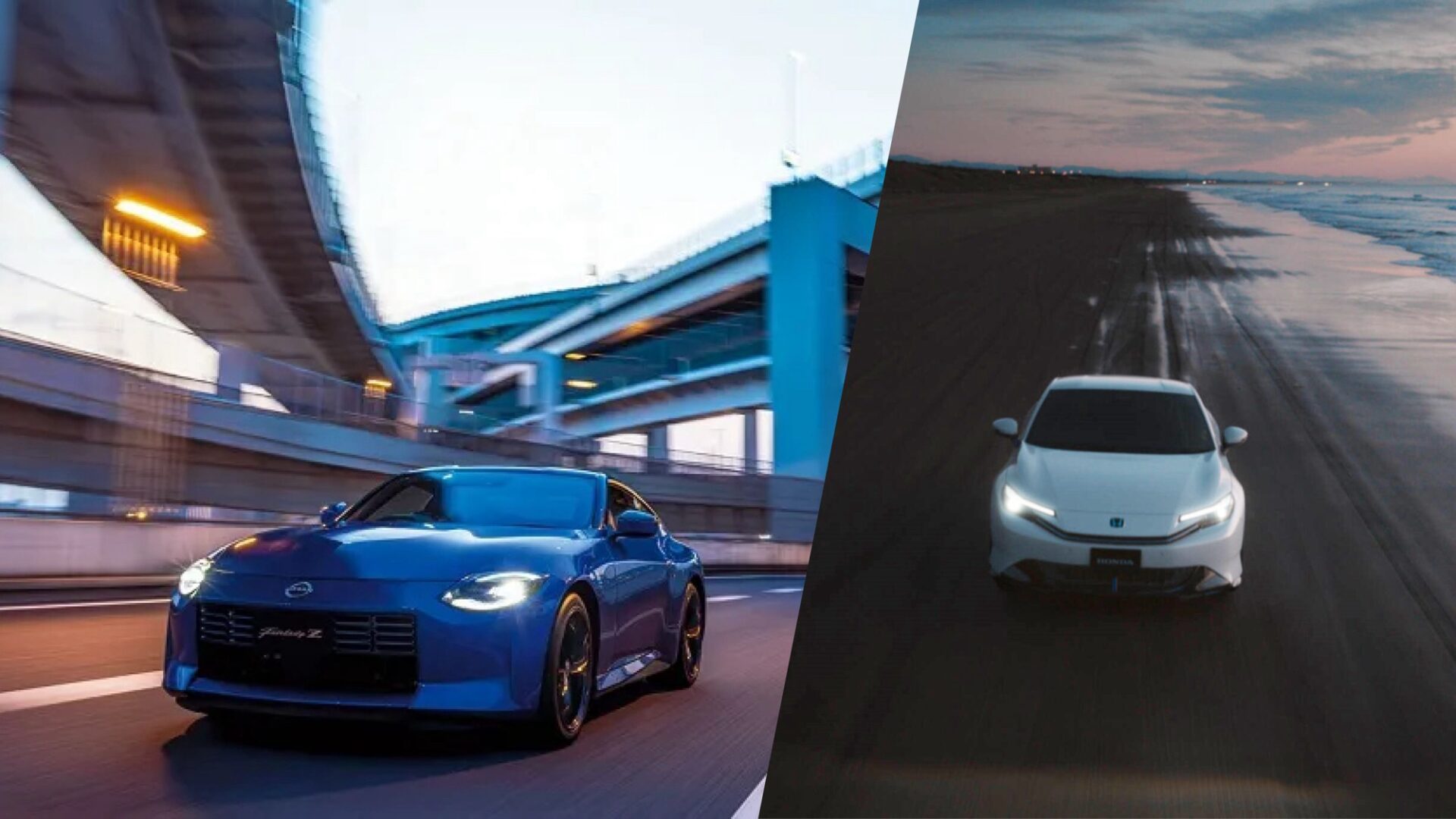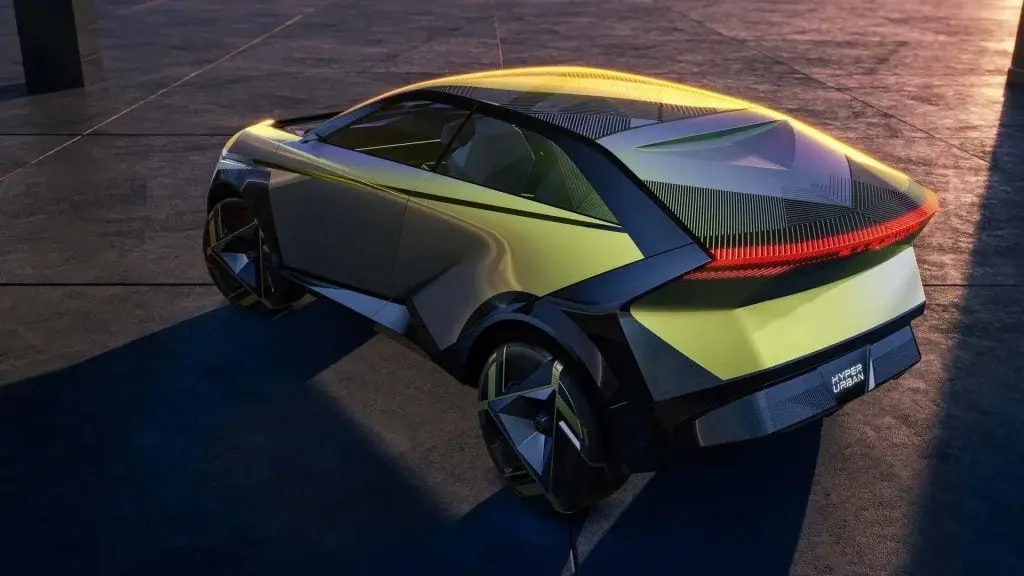Key Takeaways
1. Nissan is seeking investors after unsuccessful merger talks with Honda.
2. Nissan plans to present a proposal to Tesla for potential investment or collaboration.
3. Elon Musk believes that Tesla’s own manufacturing facilities are superior and may not benefit from investing in Nissan’s plants.
4. Musk emphasizes the innovative production lines at Tesla’s factories, particularly the unprecedented Cybercab line.
5. Nissan’s U.S. assembly plants have a capacity of one million vehicles but are currently producing only 500,000 units.
Nissan is currently seeking investors after its merger discussions with Honda, another Japanese automobile manufacturer, did not succeed. Recent news suggests that Nissan is looking to engage Tesla, and CEO Elon Musk has shared his thoughts on why investing in Nissan’s facilities might not be the best move for his company.
Nissan’s Proposal to Tesla
A report from Fortune indicates that Nissan, with support from major industry figures and politicians in Japan, plans to present Tesla with a proposal. This has led to rumors that Tesla could take over Nissan’s manufacturing plants in the United States. However, in response to a post on X that highlighted the article, Musk remarked, “the Tesla factory is the product.” He emphasized that the production line for the Cybercab is unprecedented in the automotive sector.
Musk’s Factory Insights
Musk frequently highlights the advancements in his manufacturing facilities. He has stated that Giga Shanghai was built on the enhancements made in the Fremont factory, and Giga Berlin learned from the experiences of the Chinese plant. It’s important to note that upgrading an existing production site to meet Musk’s high standards can be more difficult than constructing a new facility from scratch.
Nissan’s Production Capacity
Nissan operates two assembly plants in the United States, with a total output capability of one million vehicles; however, they are only managing to produce around 500,000 units.
Source:
Link




